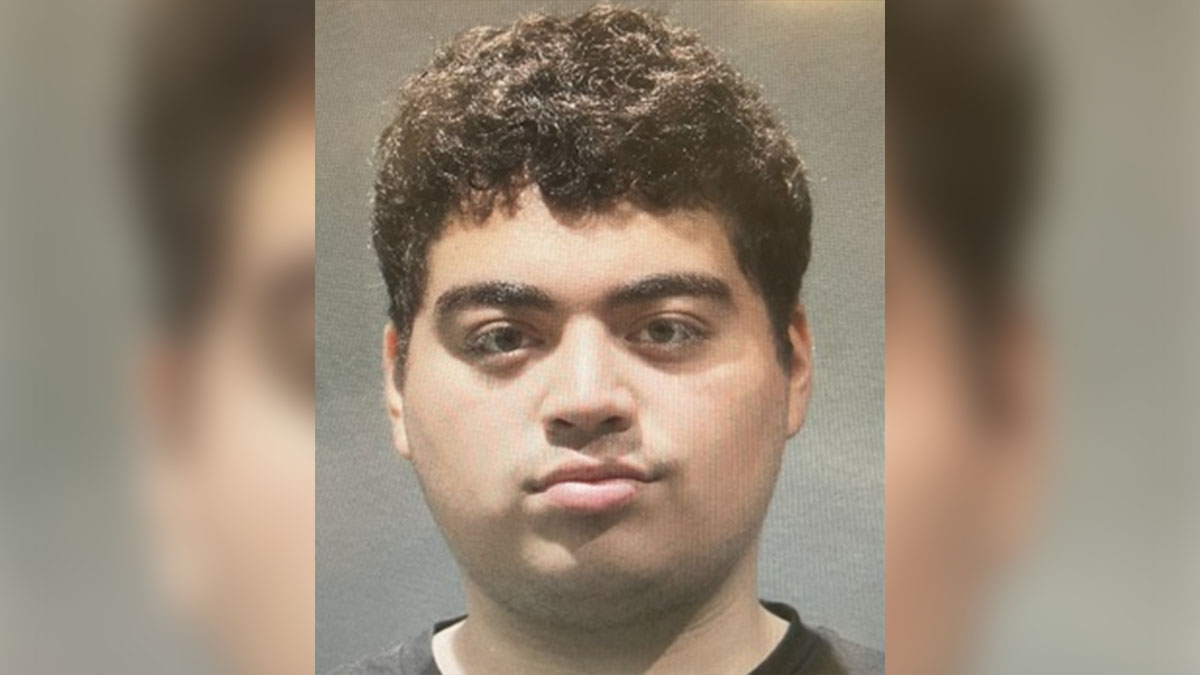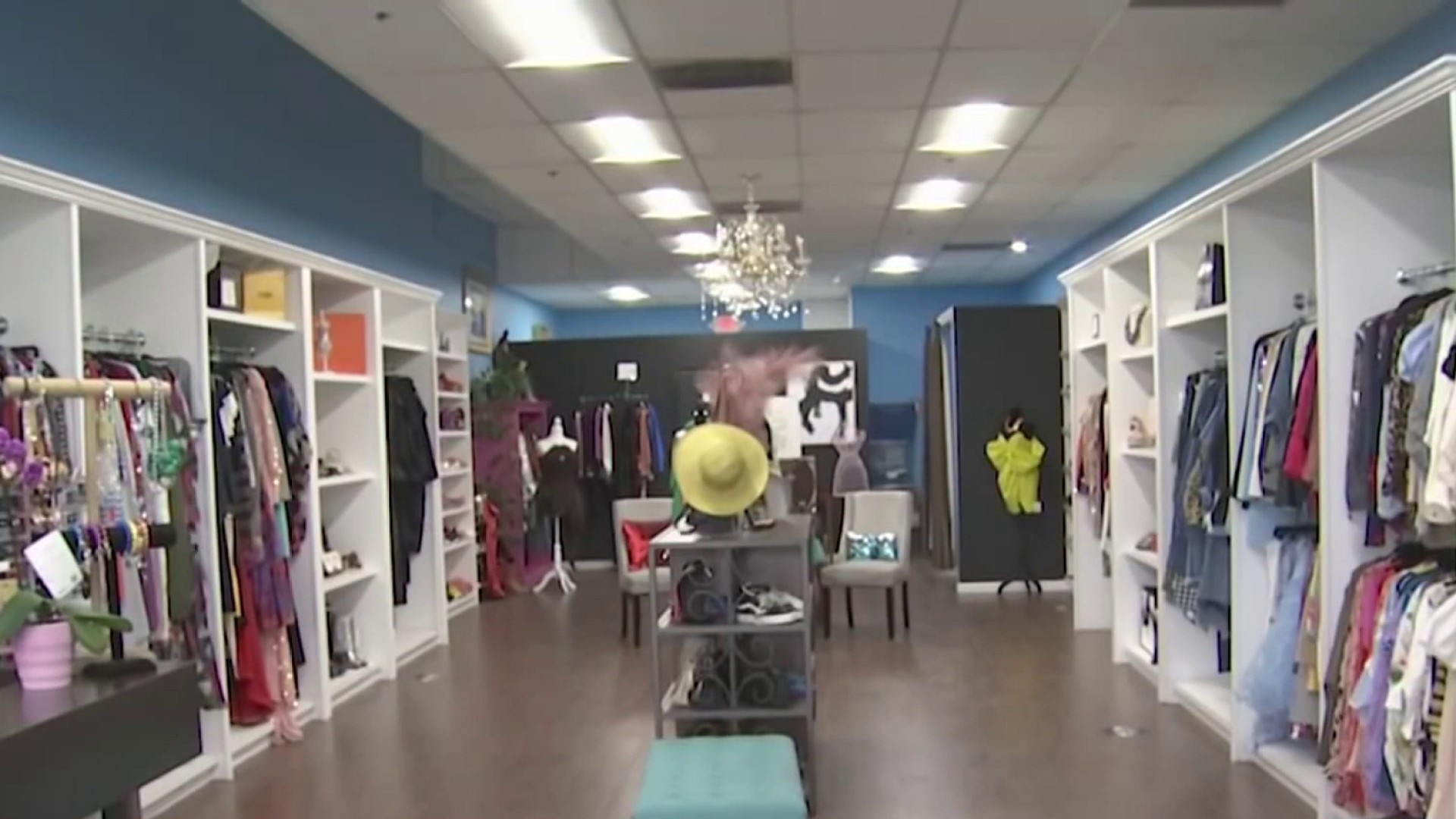Cardinal Donald Wuerl, the Roman Catholic archbishop of Washington, is facing a storm of criticism and calls for his resignation after becoming entangled in two major sexual abuse scandals roiling the church that he has served with distinction since 1966.
A scathing grand jury report this week on rampant abuse in six Pennsylvania dioceses accused Wuerl of helping to protect some child-molesting priests while he was bishop of Pittsburgh from 1988 to 2006.
At the same time, Wuerl is facing widespread skepticism over his recent insistence that he knew nothing about years of alleged sexual misconduct by former Cardinal Theodore McCarrick, his predecessor in the nation's capital.
The Washington Archdiocese, home to more than 630,000 Catholics, is considered an important power center for the church in the U.S., and Wuerl has been ranked by commentators as one of the most influential of the 10 active American cardinals.
The two scandals represent a stunning turn for the 77-year-old leader, who over the decades earned the respect of fellow bishops across the U.S. and prided himself in taking tough steps to combat clergy sex abuse during his 18 years in Pittsburgh.
Some conservative Catholics are calling for his resignation or ouster, and a petition is circulating to remove his name from a parochial high school in suburban Pittsburgh.
Wuerl has said he has no plans to resign. He apologized this week for the damage inflicted on the victims but also defended his actions in Pennsylvania.
Local
Washington, D.C., Maryland and Virginia local news, events and information
"The Diocese worked to meet or exceed the requirements of the United States Conference of Catholic Bishops and the reporting requirements of Pennsylvania law,'' Wuerl said. "We showed pastoral concern by reaching out to victims and their families, while reporting allegations to the authorities so they could investigate crimes.''
The Vatican on Thursday issued its first statement on the grand jury report, expressing "shame and sorrow'' while also suggesting that reforms undertaken by U.S. Catholic leaders had sharply reduced the prevalence of clergy sex abuse since 2002. The statement did not mention Wuerl.
Separately, the U.S. Conference of Catholic Bishops announced an investigation into the McCarrick scandal and said it would invite the Vatican to participate.
Wuerl has not been charged with any wrongdoing but is named numerous times in the grand jury report, which details instances in which he allowed priests accused of misconduct to be reassigned or reinstated.
In one case, Wuerl — acting on doctors' recommendation — enabled priest William O'Malley to return to active ministry in 1998 despite allegations of abuse lodged against him in the past and his own admission that he was sexually interested in adolescents. Years later, according to the report, six more people alleged that they had been sexually assaulted by O'Malley, in some cases after he had been reinstated.
"Cardinal Wuerl does not contest the facts. He should resign,'' tweeted Matthew Schmitz, senior editor of the conservative Catholic magazine First Things. Many of Schmitz's online followers expressed agreement.
In Wuerl's defense, the archdiocese has released documents that include a detailed account of a case admirers cite as evidence of Wuerl's strong stand against sex abuse.
The case surfaced in 1988, when a 19-year-old former seminarian, Tim Bendig, filed a lawsuit accusing a priest, Anthony Cipolla, of molesting him. Wuerl initially questioned Bendig's version of events but later accepted his account and moved to oust Cipolla from the priesthood.
In 1993, the Vatican's highest court ordered Wuerl to restore Cipolla to the ministry, but Wuerl resisted and, after two years of legal procedures, prevailed in preventing Cipolla's return.
Wuerl "made a lot of enemies, but he persisted,'' said author and journalist Michael Sean Winters, who writes for the National Catholic Reporter. "He risked his career over five years of battling.''
Looking more broadly at Wuerl's career, Winters described him as "kind of exemplary.''
"When he gets up and goes to the microphone, everybody listens,'' Winters said of bishops' conferences he has covered. "He's not an old leftie, he's not a right-wing culture warrior. To use a word that's out of currency, he's a churchman.''
The Rev. Thomas Reese, a Jesuit priest who writes for Religion News Service, described Wuerl as an ideological moderate, "not someone who was part of one camp or another.''
"He was totally enthusiastic about John Paul II, and then Pope Benedict, and now he's totally enthusiastic about Pope Francis,'' Reese said. "There are not many people in the church who are totally enthusiastic about all three of them.''
Numerous conservative Catholic activists and commentators, though, consider him too tolerant of the LGBT community and too liberal on some other issues. They resent his pivotal role a decade ago in resisting a push by some of his fellow bishops to deny Communion to Catholic politicians who support the right to abortion.
However, the dismay over the latest scandals goes beyond conservative circles.
"The US Catholic Church is very close to becoming a decapitated Church,'' tweeted Massimo Faggioli, a relatively liberal theologian at Villanova University in suburban Philadelphia. "What Napoleon and Stalin couldn't do, the hierarchy of the Church itself did.''
Wuerl was born in Pittsburgh, attended Catholic University in Washington and received a doctorate in theology from the University of Saint Thomas in Rome. He joined the priesthood in 1966, was ordained a bishop by Pope John Paul II in 1986, and served briefly as auxiliary bishop in Seattle before going to Pittsburgh.
Earlier this month, Wuerl proposed that the U.S. Conference of Catholic Bishops create a new process, involving bishops and lay people, to evaluate any allegations or rumors of sexual misconduct against bishops. On Thursday, the conference moved in that direction, announcing plans for "new and confidential channels'' for reporting complaints.
"I apologize and humbly ask your forgiveness for what my brother bishops and I have done and failed to do,'' said Cardinal Daniel DiNardo, conference president. "This is a moral catastrophe.''
On Wednesday, Wuerl celebrated Mass at the Cathedral of St. Matthew the Apostle in Washington and referred to "the horror of child sexual abuse'' detailed in the grand jury report.
"The pain, the suffering is something that we need to accept responsibility for,'' he said. "While we work to restore confidence in the ability of the church ... to treat this problem, we need constantly to be there for survivors.''



